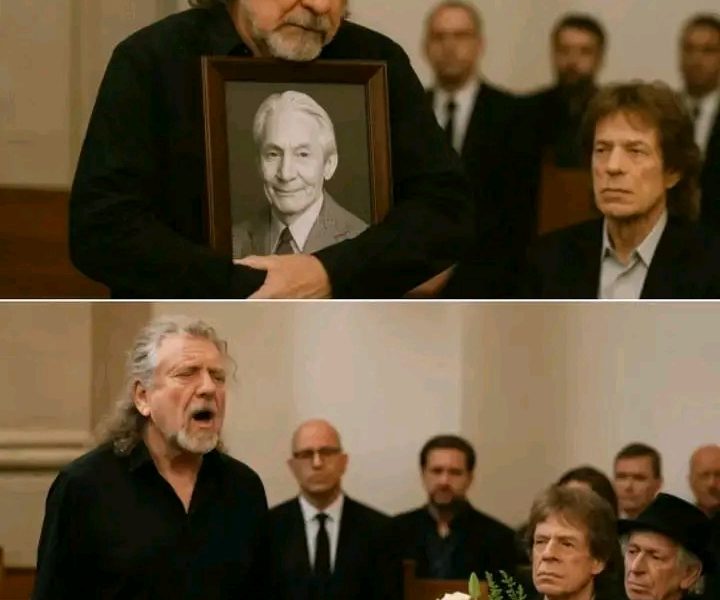The brief history fact of the legendary band Judas priest in early 1969 Judas Priest is a highly influential heavy metal band formed in Birmingham, England in 1969. They are known for their signature dual guitar attack, distinctive vocals, and their contributions to the New Wave of British Heavy Metal (NWOBHM) movement. While initially finding success in local clubs, the band gained wider recognition with the release of their album British Steel in 1980…..
A Brief History of Judas Priest
Judas Priest is a legendary heavy metal band that originated in Birmingham, England, in 1969—a city often referred to as the birthplace of heavy metal. The band was formed by guitarist K.K. Downing and bassist Ian Hill, who were later joined by vocalist Rob Halford and guitarist Glenn Tipton, completing the classic lineup that would define their sound.
The band’s early years were marked by lineup changes and a struggle to find commercial success. Initially, Judas Priest played a blend of hard rock and blues-inspired heavy music, performing in small clubs and pubs throughout the UK. Their debut album, Rocka Rolla (1974), received limited attention, but it marked the beginning of their journey into heavier and more defined metal territory. With subsequent releases like Sad Wings of Destiny (1976), they began to develop their signature sound—characterized by powerful, operatic vocals, complex twin guitar harmonies, and dark, often fantasy-inspired lyrical themes.
By the late 1970s, Judas Priest had become a force to be reckoned with in the emerging heavy metal scene. Albums such as Sin After Sin (1977), Stained Class (1978), and Hell Bent for Leather (also known as Killing Machine) helped cement their reputation. The band’s leather-and-studs image, pioneered by Halford, would later become iconic and widely imitated across the genre.
Their major breakthrough came in 1980 with the release of British Steel, an album that propelled Judas Priest into mainstream success. Featuring anthems like “Breaking the Law” and “Living After Midnight,” British Steel was both critically acclaimed and commercially successful. It helped bring heavy metal to a wider audience and played a pivotal role in the development of the New Wave of British Heavy Metal (NWOBHM) movement—a cultural and musical surge that revitalized metal music in the UK and influenced countless bands around the world.
Judas Priest’s contributions during this period laid the groundwork for future generations of metal artists. Their relentless touring, innovative sound, and uncompromising style established them as pioneers of the genre. Over the decades, they have remained a powerful and enduring presence in the metal world, continually evolving while staying true to their roots.
From humble beginnings in Birmingham’s industrial landscape to becoming global icons, Judas Priest’s early history is a testament to their enduring legacy in the world of heavy metal.
Let me know if you’d like this tailored further or expanded on a specific era!

